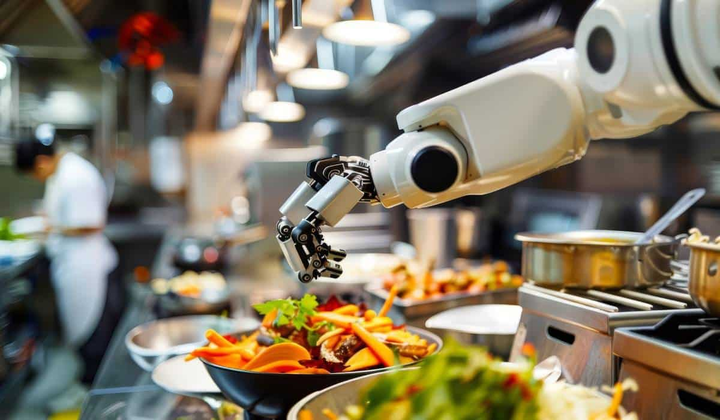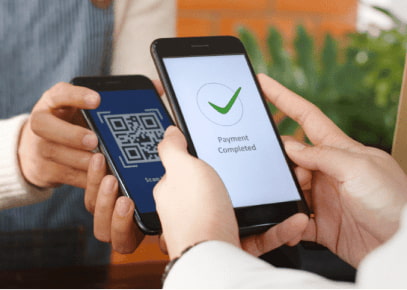Key Takeaways
In times of rapid digitization and cut-throat competition, establishing a strong online presence is crucial for restaurants to thrive and scale higher. Recent statistical data reinforces this fact: the global online food delivery market was valued at USD 221.65 billion in 2022, and within the period from 2023 to 2030, it is expected to grow at a CAGR of 10.3%. This robust projected growth not only signifies the increasing demand for online food services but also highlights the need for efficient and scalable technology solutions to support this flourishing industry.
When it comes to developing an online platform, two main options emerge custom web development and Software-as-a-Service (SaaS) solutions. While custom development was once the go-to choice for restaurants seeking tailored solutions, it is gradually losing relevance in light of the growing popularity and advantages of SaaS offerings.
In this article, we will delve into the key differences between custom web development and SaaS for restaurants, and explore why SaaS solutions have become the preferred choice for industry leaders.
Advantages of SaaS for restaurants: Why it's a game-changer
1. Low investment
The biggest advantage of using a SaaS platform for your restaurant is the low investment—you don’t need a lot of money or technical knowledge to take your restaurant online.
With custom web development, you have to allocate substantial resources for hiring developers, and designers, and maintaining the infrastructure. The approximate development cost of a restaurant ordering system can be anywhere between $5000 and $25000.
In contrast, using a SaaS platform is a lot more cost-effective, because it gives you access to a ready-made feature-packed platform designed for the restaurant industry against a small monthly or yearly subscription fee.
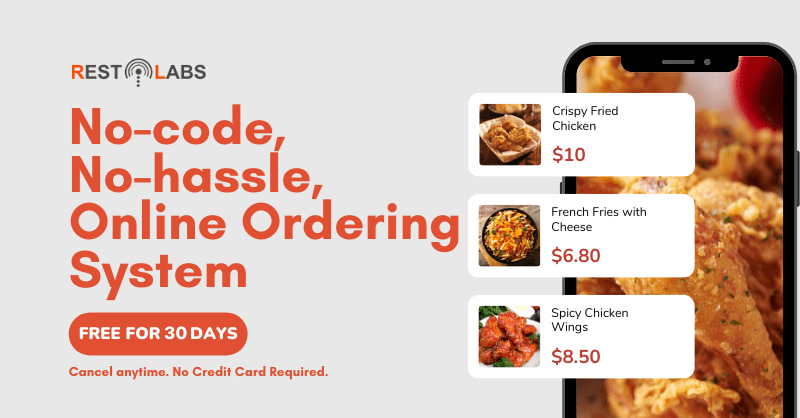
2. Regular maintenance and updates
The continuous provision for updates and bug fixes makes restaurant SaaS platforms a class apart. With custom web development, restaurants often face the challenge of keeping up with evolving technologies and maintaining their systems, which can be time-consuming and resource-intensive.
SaaS platforms alleviate this burden by taking care of updates and bug fixes automatically, as it's included in their subscription plans. By leveraging cloud-based services, these platforms ensure that your restaurant can focus on the core operations while enjoying the benefits of a robust and up-to-date restaurant digital solution. This convenience allows your restaurant to stay agile in today's ever-changing technological landscape.
👉Also Read: 5 Difficulties Customers Face While Ordering Food Online And How You Can Fix Them
3. Remote access
SaaS platforms offer a significant advantage to restaurant owners by providing real-time access to their restaurant's data from anywhere in the world. This level of mobility allows owners to stay connected and informed about their operations without the need to be physically present at the restaurant.
With a reliable internet connection, you can easily monitor key metrics such as sales, inventory, and customer feedback, and make informed decisions on the go. Whether you are attending meetings, traveling, or simply taking time off, you will be in touch with your restaurant’s whereabouts at all times.
4. Enhanced data security
With on-site computers, there is a higher risk of security breaches and hacker attacks, and you can experience storage issues. Maintaining and securing the hardware and software infrastructure can be challenging and costly for your restaurant.
SaaS platforms are more viable here as they use cloud-based storage. Your restaurant can store data securely in the cloud without the need to invest in additional hardware or worrying about running out of storage capacity. Cloud storage providers have robust security measures in place, including encryption, regular backups, and advanced access controls to protect the data from unauthorized access.
👉Also Read: How Data Analytics Can Help Restaurants Generate Higher Revenue
5. Easy to set up and get started
Developing a custom website requires extensive time, resources, and technical expertise, which you may not have at your fingertips. SaaS platforms like Restolabs emerge as a useful solution here, providing a streamlined and user-friendly setup process. With pre-built templates and intuitive interfaces, you can quickly create your restaurant’s online presence, customize the menus, and manage orders efficiently.
These platforms eliminate the need for coding knowledge and complex development processes, so as a restaurant owner, you can focus on the core business operations and start attracting customers in no time.
6. Quick and efficient tech support
With custom development, you'll have to hire an IT expert. The process will be expensive, requiring you to allocate resources for salaries, benefits, and training. In contrast, SaaS platforms offer remote tech support as part of their service package, eliminating the need to hire and maintain an in-house IT team.
Your restaurant can access online support whenever you or your staff encounter technical issues, and the response time is typically faster compared to waiting for an on-site IT expert to arrive. This allows you to fix bugs and resolve problems promptly and minimize any disruptions to the operations. When the tech support is seamless, it enhances the overall customer experience and helps maintain optimum customer satisfaction.
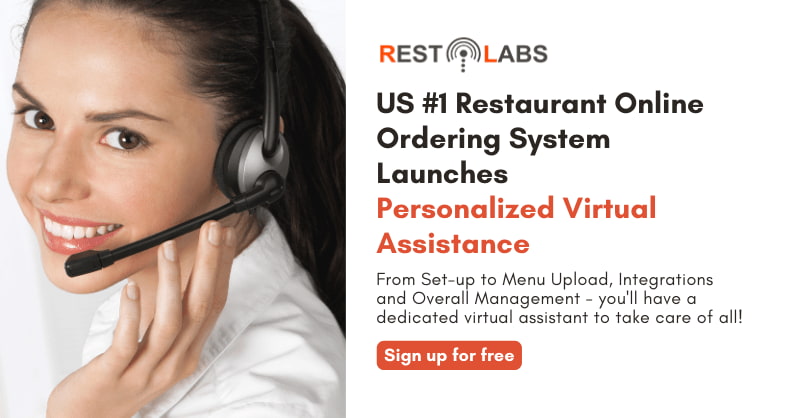
Final Thoughts
In the custom web development vs SaaS debate, SaaS platforms are a clear winner for restaurant businesses. They help in establishing an online presence for your restaurant without a hefty investment, give you the technical support you need to work with the platform without any hiccups, and you won't ever have to worry about the backend development. You can deliver optimized and disruption-free services to your customers, which will eventually lead to greater customer satisfaction and drive more sales.
Whether yours is a newly launched restaurant or an old business in need of a digital makeover, a platform like Restolabs can take you miles ahead in your journey. With POS, delivery, and payments integration, insightful reporting, and a device-responsive web portal, Restolabs will make digital ordering more streamlined than ever. Start your free trial today!
💡You Might Also Like...
👉 Top 10 Questions To Ask When Choosing A Restaurant Online Ordering Software
👉 Doordash Vs Postmates: Which Delivery Partner Is Better For Your Independent Restaurant?
👉3 Tips To Create Powerful Hooks For Your Restaurant Brand
Frequently Asked Questions
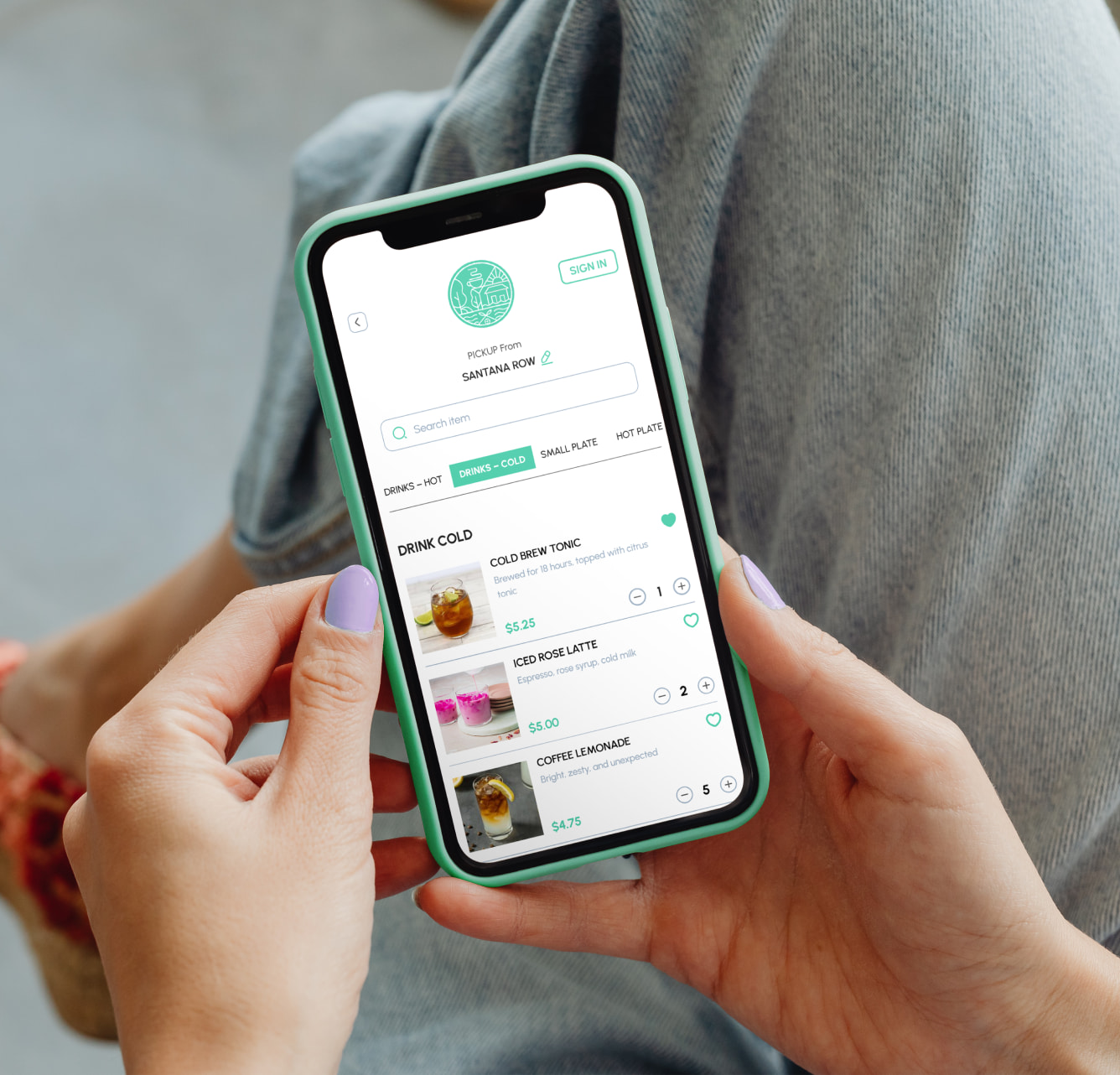

.gif)


